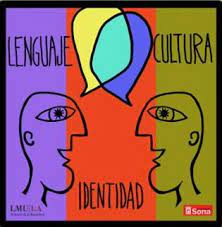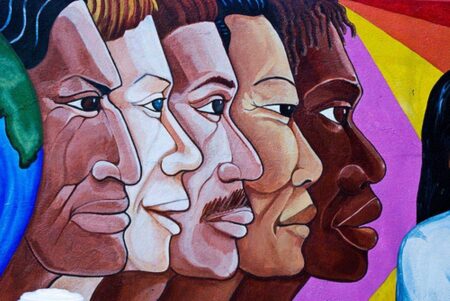Linguistics And Anthropology is very interesting topic.Broadly speaking, Anthropology is the study of mankind and of culture. Its main subdivisions are physical anthropology and cultural anthropology. Linguistics is a branch of cultural anthropology. The chief contribution of cultural anthropology, as a whole, to the study of language has been the broadening of linguists’ outlooks so that their horizons include, not only languages, but culture of many different types.

It has helped in removing the misconception that one language is superior to the other in accepting a generalization that all languages are complex and are adequate to the needs of the respective communities, and in establishing certain linguistic universals. It has also made clear to the linguist the fact that languages are not primitive’ although cultures may be primitive. Furthermore, a language is a language even if it has no writing system.
Linguistics and Anthropology A complete Guide for Linguistics Students.

On another level, linguistics has made a very valuable contribution to the methodology of social sciences, through the concept of the functional unit and the distinctive feature of behavior, etc. Anthropology has benefited from linguistics in the field of individual and social group learning process, correlation between heredity and linguistic structure, etc. The fact that a man’s dialect is the mirror of his culture has also been beneficial to the anthropologists and sociologists.
Now-a-days, the relationship between linguistics and anthropology is less close. But at the same time a new discipline called socio Linguistics is expanding rapidly, meaning thereby, sociology and linguistics are getting closer.
Language is a product of human culture, therefore, one of the studies in anthropology is linguistic anthropology, which is a branch of anthropology that examines the role of language in the social life of a person or a community.
